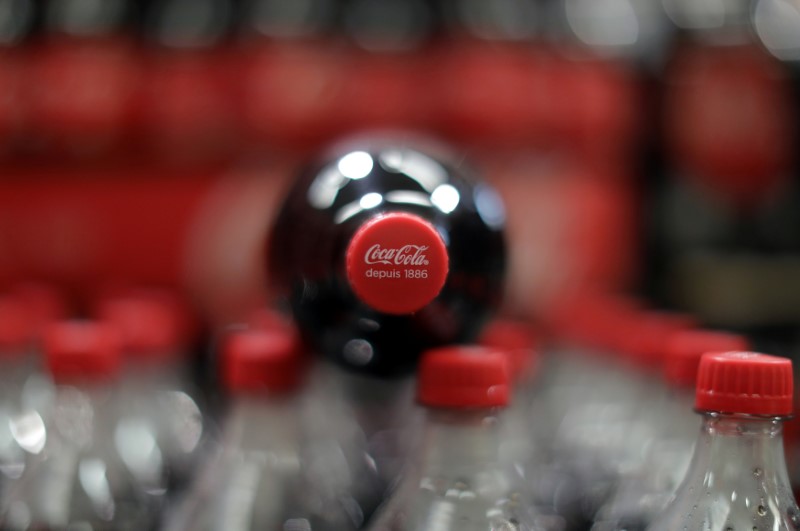Multinational Companies Adjust Their Strategies Under China's Economic Pressure
Global companies are adapting to ongoing economic challenges in China by lowering prices and costs, downsizing operations, and altering strategies in response to the persistent real estate crisis and high youth unemployment. Leading brands such as Hermes, L'Oreal, Coca-Cola (NYSE:KO), United Airlines, Unilever (LON:ULVR), and Mercedes have observed a decline in consumer spending among Chinese customers.
In response to competitive pressures, French carbon graphite manufacturer Mersen announced last week its decision to close a factory in China that produces power transmission products, citing an inability to compete with local rivals.
Food industry giants like Danone and Nestle SA are taking steps to mitigate the impact by deepening price cuts and increasing online shopping volumes. Coca-Cola's CEO, James Quincey, acknowledged the challenging operational environment in China during an earnings call on October 23, stating that the economy shows no signs of accelerating.
Despite economic difficulties, some businesses continue to invest in the Chinese market. Luxury brand Hermes, known for its Birkin bags, is offsetting declining customer traffic by focusing on jewelry, leather goods, and apparel, generating higher average transaction values. Hermes recently opened a store in Shenzhen and plans to open another store in Shenyang in December and a flagship store in Beijing next year.
However, the outlook is less optimistic for many. United Airlines CEO Scott Kirby indicated that the era of making around ten daily flights to China has ended, noting the airline currently operates up to three daily flights from Los Angeles to Shanghai and has no immediate plans for expansion.
The third-quarter earnings season has highlighted the challenges companies are facing in China. The chairman and CEO of luxury group Ermenegildo Zegna expects difficult conditions to persist at least until early 2025. The luxury sector, in particular, has been hit hard by economic uncertainty affecting middle-class consumers and causing even wealthy individuals to be more hesitant in their spending.
Swiss elevator and escalator manufacturer Schindler reported on October 17 that there are no signs of recovery in the Chinese market, which accounted for 15% of the company's revenue last year. CEO Silvio Napoli, who returned from China earlier this month, stated that the Chinese government's stimulus measures are not providing the necessary support, though greater clarity may emerge in February when full-year results are announced.
As the earnings season progresses, analysts and investors are closely monitoring companies exposed to China. The impact of government stimulus on consumer spending will be a key factor determining the pace of any potential recovery.
In a broader context, European manufacturers are competing with Chinese companies that can produce and sell goods at lower prices. This competitive dynamic could intensify with the upcoming election on November 5, and the possibility of former U.S. President Donald Trump imposing a 60% tariff on Chinese imports if he wins. Additionally, Brussels is preparing to impose tariffs of up to 35.3% on Chinese-made electric vehicles this week, further escalating trade tensions and triggering retaliatory measures from Beijing.


